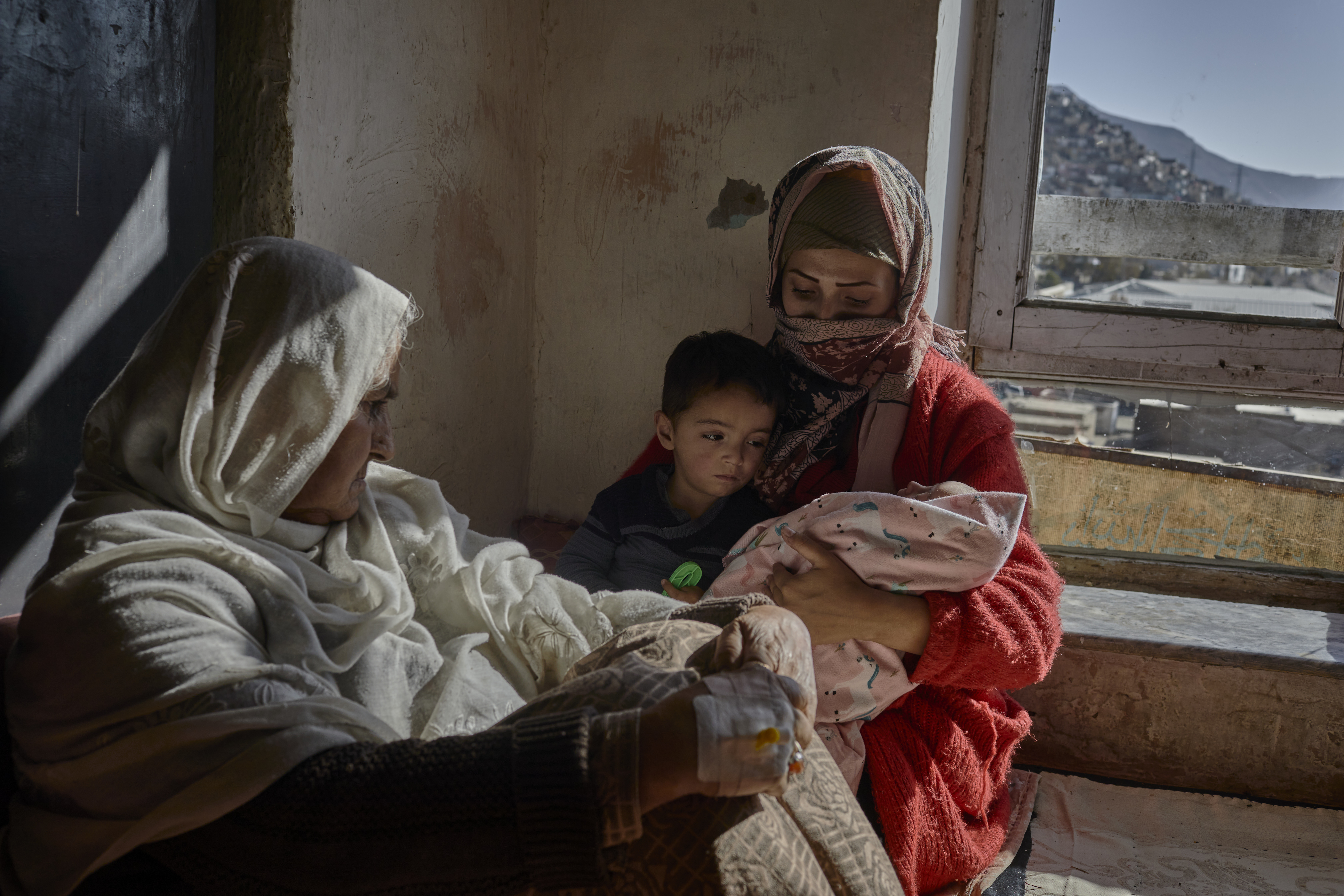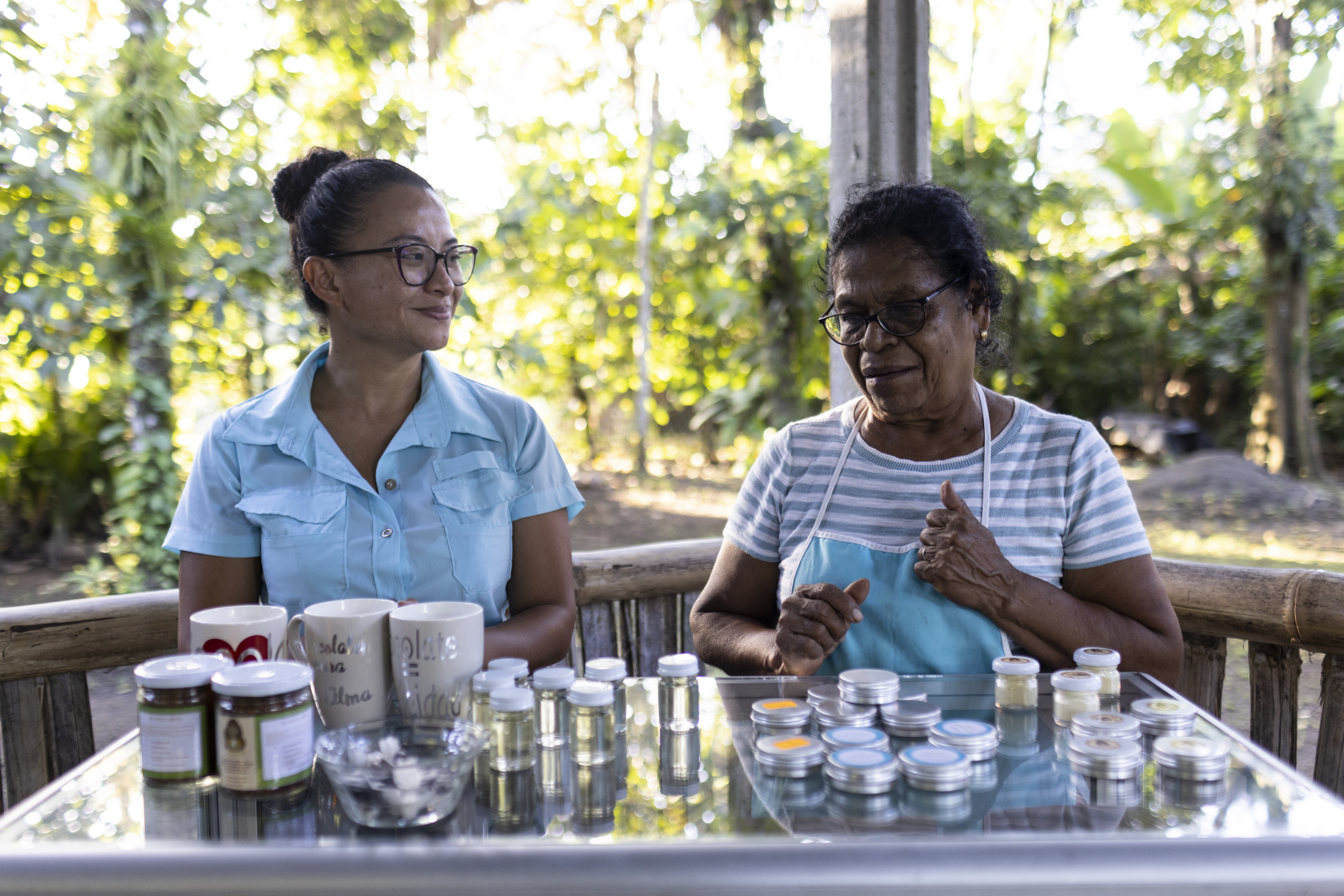Regional dialogues give women a voice in UNHCR's 60th year
Regional dialogues give women a voice in UNHCR's 60th year

NEW DELHI, India, November 19 (UNHCR) - The UN refugee agency this week in New Delhi kicked off a series of regional dialogues aimed at giving refugee women a voice and an opportunity to influence change during UNHCR's landmark 60th year.
More than 120 women and girls as well as 70 men attended the four-day gathering, which wrapped up on Friday in the Indian capital. The co-organizers, UNHCR and the University of New South Wales' Centre for Refugee Research, will be holding similar dialogues in Colombia, Jordan, Uganda and Zambia between now and the end of April.
UNHCR hopes the regional dialogues will play an important part in ascertaining what refugee women would like to see governments pledging at the December 2011 ministerial-level meeting in Geneva of state parties to the 1951 UN Refugee Convention and the two UN statelessness conventions. The meeting is a key part of activities to mark the conventions during UNHCR's 60th anniversary.
The refugee agency hopes that this process will lead states to pledge concrete actions to reinforce international protection, provide durable solutions, resolve refugee situations and to define forward-looking approaches to address forced displacement challenges.
Refugees from Afghanistan, Myanmar, Somalia taking part in this week's meeting in New Delhi told donors, government officials and UNHCR staff about the problems they face on a daily basis, including lack of proper documentation, inadequate accommodation, sexual and psychological abuse outside the home, lack of security and many other issues. They also proposed ways to make their lives easier.
While grateful for the asylum they receive in India, the refugees said they faced many challenges. "Our children can go to school but I fear for their safety as the local children tease them, laugh at them, make fun of their skin colour and clothes and sometimes even beat or harass them," claimed a Somali mother, who fled her country five years ago.
A refugee from Myanmar, meanwhile, talked about the problems in finding a place to live. "Without proper documentation it is nearly impossible to rent a place. Lots of people live in one small room as we cannot pay too much," she said, adding: "At times we have to be so many that we can't even lie down in the room."
"I feel the dialogues are very useful. Even though we knew many of the issues we also learnt new problems specifically related to women," said Montserrat Feixas Vihe, UNHCR's chief of mission in India. "The dialogues helped strengthen the relation with and between refugees in New Delhi, and provided empowerment to those who often feel unheard."
Many of the issues discussed in New Delhi are cross-cutting areas of protection, such as shelter, livelihoods and education and have a huge impact on family life, said the University of New South Wales's Eileen Pittaway. "Several men told us they feel angry, helpless and hopeless that they cannot protect their own wives, mothers and daughters despite the protection afforded by the government and they need the opportunity to discuss this."
UNHCR in India works mainly with urban refugees in New Delhi. As of the end of October there were some 15,000 refugees under UNHCR's mandate and 6,000 asylum-seekers, mainly from Afghanistan, Myanmar and Somalia. UNHCR also supports the voluntary repatriation of Sri Lankan refugees from southern India.
By Astrid van Genderen Stort in New Delhi, India








